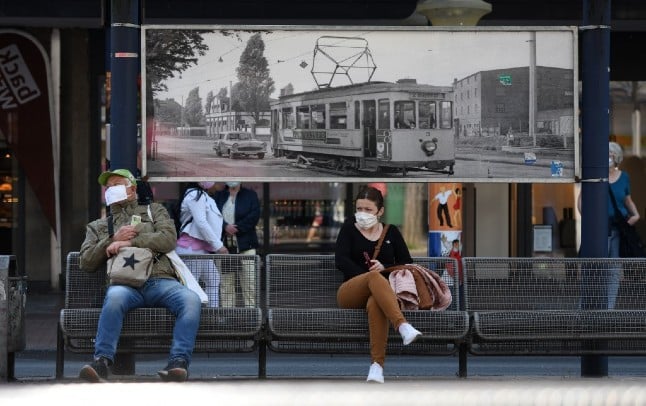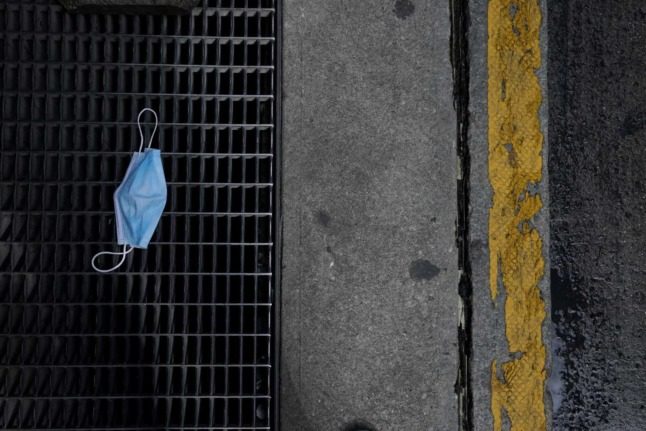Hanne-Merete Eriksen-Volle, who heads the agency's Antibiotic Resistance and Infection Prevention department, told The Local that her team are currently reevaluating the evidence.
The process is due to end next week and after that will NIPH consider whether there is a need to update the recommendations.
She said that the agency's greatest worry was that low quality masks would give the public a false sense of security.



 Please whitelist us to continue reading.
Please whitelist us to continue reading.
Member comments